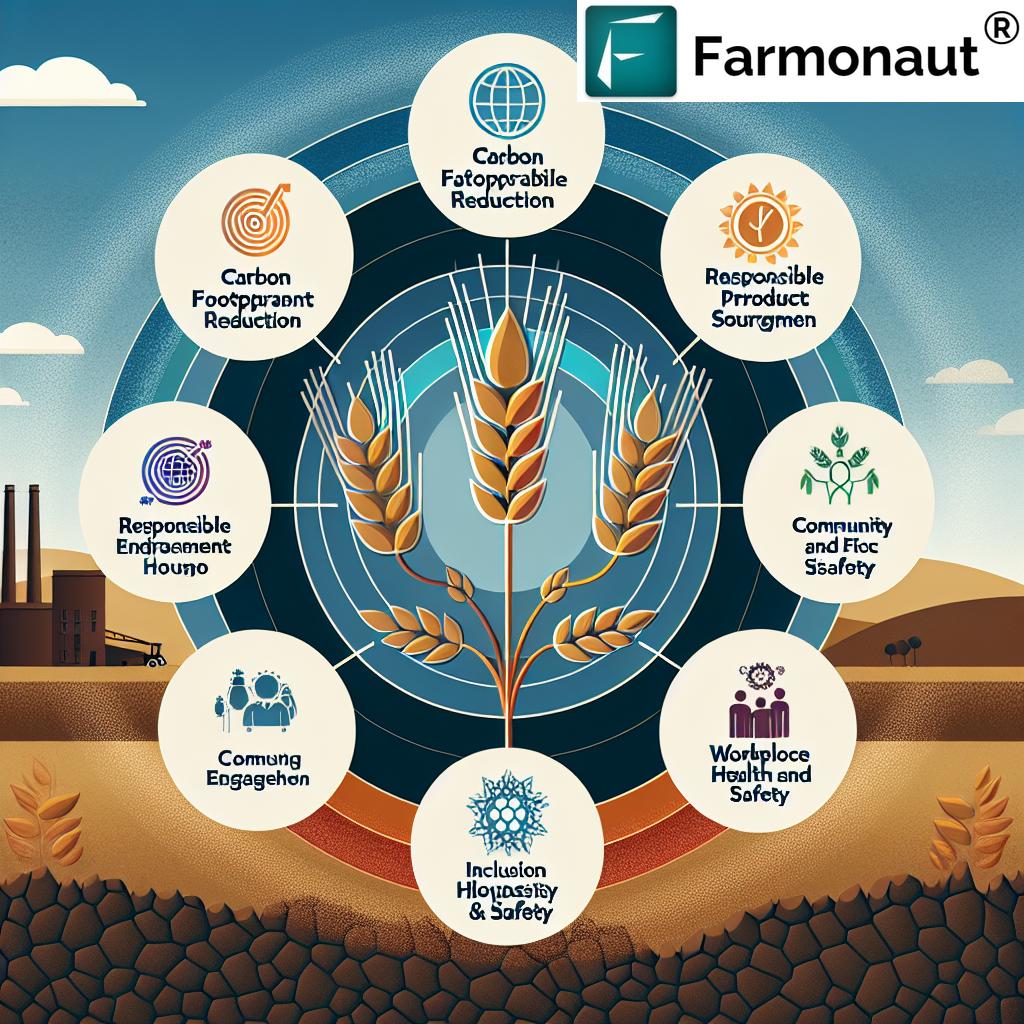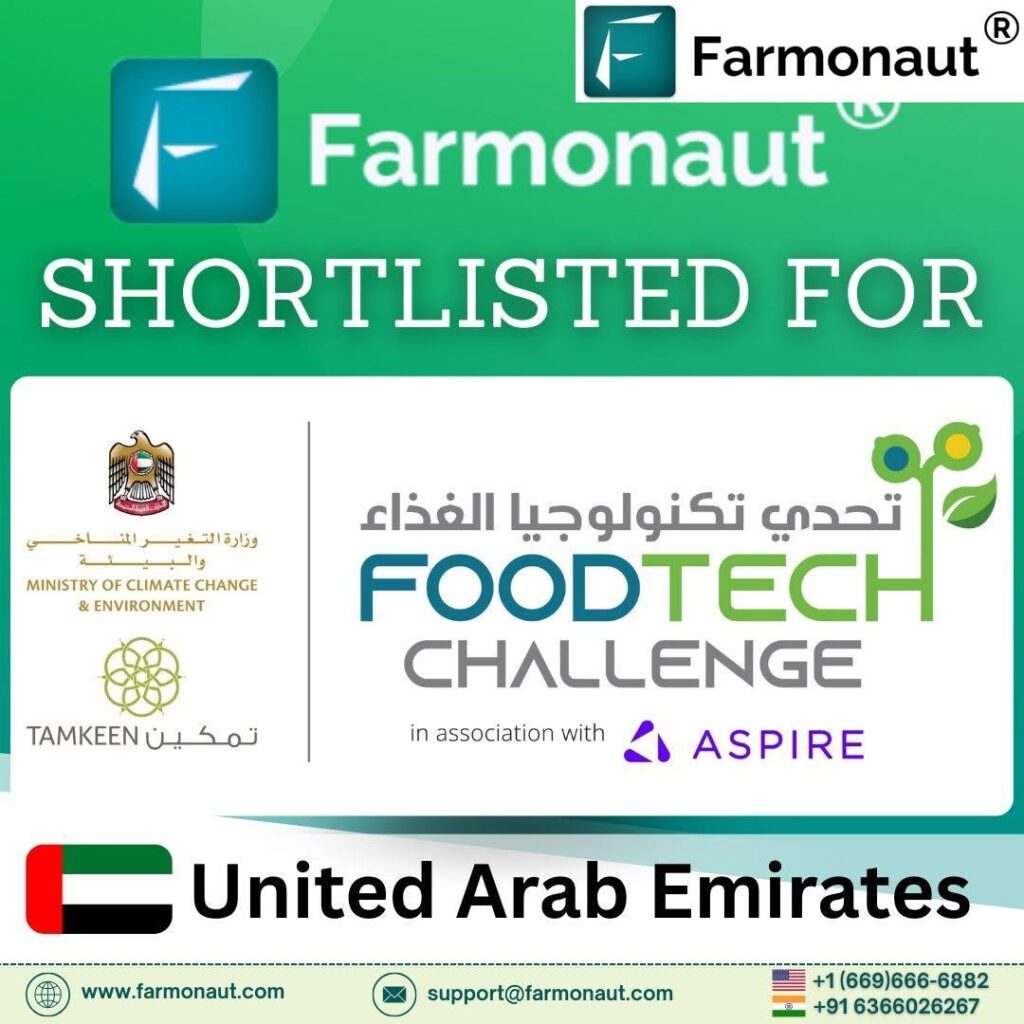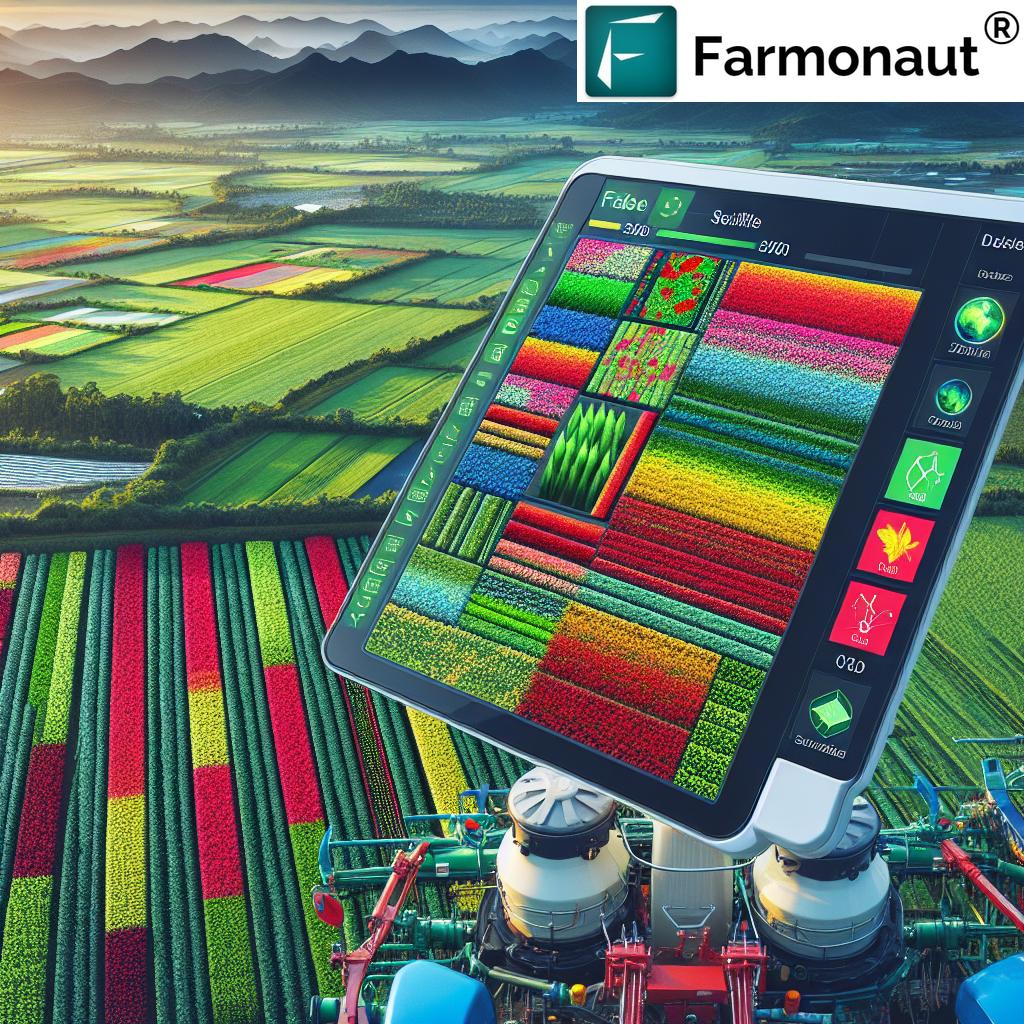Revolutionizing Agribusiness: Scoular’s Groundbreaking Strides in Sustainable Farming and Emissions Reduction
OMAHA, NEBRASKA, US – In a bold move towards sustainability in agriculture, Scoular, a global agribusiness leader, has unveiled its fourth annual sustainability report, showcasing remarkable progress in its environmental stewardship efforts for fiscal year 2024. The report, released on October 23, highlights the company’s commitment to driving innovation and sustainability across its operations, setting a new benchmark for agribusiness sustainability.

Scoular’s Five Pillars of Sustainability
Scoular’s sustainability efforts are built upon five key pillars:
- Carbon footprint reduction
- Responsible product sourcing
- Community engagement
- Diversity and inclusion
- Workplace health and safety
Paul Maass, Chief Executive Officer at Scoular, emphasized the company’s dedication to these pillars, stating, “As the marketplace continues to evolve at a rapid pace, we are well positioned to invest in ways to support our producers, customers, and other industry partners to meet their goals and create value.”
Pioneering Emissions Reduction in Agriculture
One of the most significant sustainable agribusiness innovations highlighted in the report is Scoular’s trial of emissions reduction technology at its sustainability showcase hub in Adrian, Missouri. This initiative represents a major step forward in agribusiness carbon footprint reduction.
Key features of this innovative project include:
- Installation of solar panels
- Energy-saving technology on grain bunker fans
- Implementation of VFD motors on grain storage fans
The results have been impressive, with a 53% decrease in electricity usage by the bunkers in the first year alone. Scoular anticipates this reduction to reach 84% once the system is fully refined, setting a new standard for sustainable grain handling technology.
For real-time monitoring of agricultural sustainability initiatives, consider using Farmonaut’s advanced satellite monitoring tools.

Embracing Regenerative Farming Practices
In a groundbreaking move towards sustainable wheat production, Scoular has launched a regenerative agriculture sourcing program in collaboration with two major wheat milling customers: Miller Milling and Grupo Trimex. This program aims to:
- Incentivize growers to adopt regenerative farming practices
- Build soil health and reduce greenhouse gas emissions
- Increase supply chain transparency for ingredients
Beth Stebbins, Director of Sustainability at Scoular, highlighted the importance of this initiative: “Our sustainability report showcases many of our achievements, including supply chain collaborations to reduce the environmental impact of the commodities we source. We pride ourselves in building out sustainability solutions, like our regenerative sourcing pilot, that provide value to both our growers and end-use customers.”
To optimize your regenerative farming practices, explore Farmonaut’s API for advanced agricultural insights.
The Future of Sustainable Agribusiness
Looking ahead to fiscal year 2025, Scoular plans to assess and refresh its pillar commitments, ensuring that the company’s strategy continues to build on its achievements and learnings. This forward-thinking approach aims to drive opportunities that positively shape the industry and create a more sustainable future for generations to come.

Impact on the Agricultural Industry
Scoular’s initiatives are set to have a significant impact on the agricultural industry, particularly in the areas of:
- Sustainable supply chains: By implementing responsible product sourcing practices and increasing supply chain transparency, Scoular is setting new standards for the industry.
- Agricultural innovation: The company’s focus on emissions reduction technology and regenerative farming practices is driving innovation in the sector.
- Carbon footprint reduction: Through its various initiatives, Scoular is demonstrating how agribusinesses can significantly reduce their environmental impact.
For farmers and agribusinesses looking to implement similar sustainability measures, Farmonaut’s API developer docs provide valuable resources and insights.
The Role of Technology in Sustainable Agriculture
Technology plays a crucial role in advancing sustainability in agriculture. Scoular’s use of emissions reduction technology and energy-saving systems demonstrates how innovative solutions can significantly impact agribusiness sustainability.
Key technological advancements in sustainable agriculture include:
- Precision agriculture tools
- IoT devices for real-time monitoring
- AI and machine learning for predictive analytics
- Blockchain for supply chain transparency
To leverage these technologies in your agricultural operations, consider using Farmonaut’s mobile apps:


Conclusion: A Sustainable Future for Agribusiness
Scoular’s groundbreaking strides in sustainable farming and emissions reduction represent a significant leap forward for the agribusiness sector. By focusing on innovative technologies, regenerative practices, and responsible sourcing, the company is not only reducing its own environmental impact but also setting a new standard for the industry.
As we look to the future, it’s clear that sustainability will continue to be a driving force in agriculture. Companies like Scoular are leading the way, demonstrating that it’s possible to balance profitability with environmental stewardship. For those in the agricultural sector looking to embark on their own sustainability journey, the path forward is clear: embrace innovation, prioritize regenerative practices, and leverage technology to drive positive change.
With continued focus and investment in sustainable agribusiness innovations, the industry can look forward to a future where agriculture not only feeds the world but also plays a crucial role in preserving our planet for generations to come.












